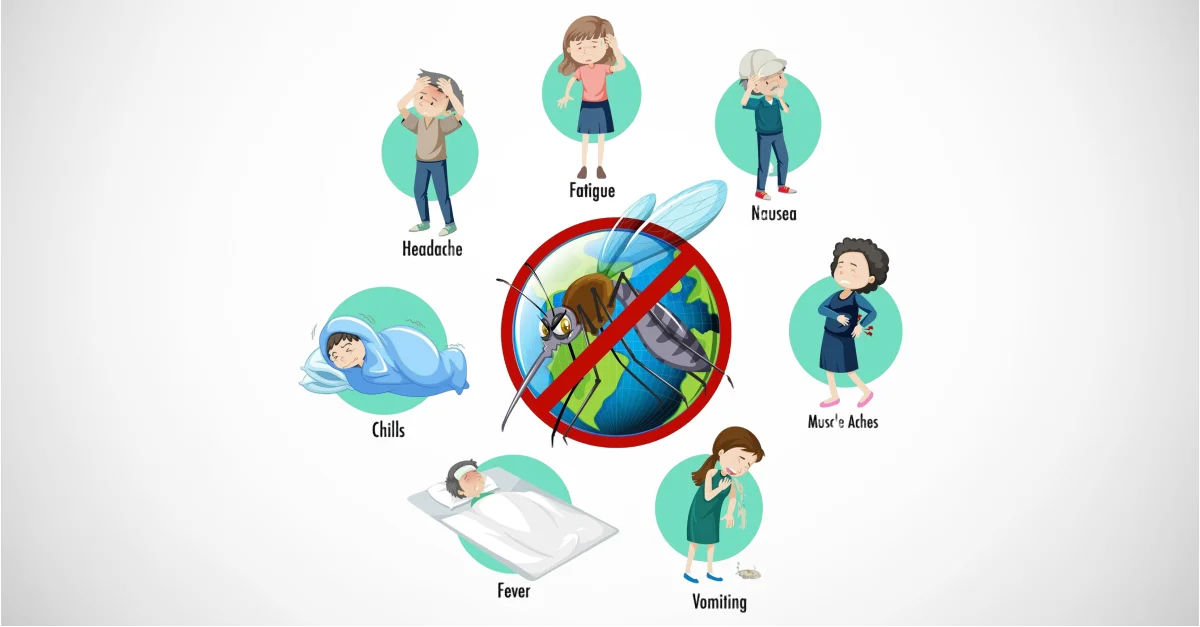Vaccination is often associated with children, but adult vaccination is just as crucial for maintaining long-term health. Adult vaccination are not just for infants and toddlers – as we age, our immune system weakens, and we become more susceptible to infections and diseases. With advancements in medical science, there are several vaccines available that can help protect adults from serious illnesses. This blog discusses the importance of adult vaccination, common vaccines recommended for adults, and why staying up-to-date with vaccines is essential.
Why is Adult Vaccination Important?
Many adults believe that once they’ve completed their adult vaccination, there’s no need for further immunization. However, the truth is that our immunity naturally decreases over time, and we may be at risk for diseases we thought we were protected against. Additionally, adults can be exposed to new or evolving strains of viruses, making them more susceptible to infections.
Vaccination in adulthood offers numerous benefits, including:
- Protection Against Serious Diseases: Vaccines protect adults from life-threatening diseases, such as pneumonia, shingles, or influenza, that can lead to complications, hospitalization, or even death.
- Preventing Disease Spread: Vaccinated individuals are less likely to contract and transmit diseases, which is especially important in protecting vulnerable populations like infants, the elderly, and those with weakened immune systems.
- Health and Financial Benefits: Preventing diseases through vaccination is far more cost-effective than treating an illness once it’s contracted. It can save money, time, and reduce medical costs associated with hospitalization, treatment, and recovery.
Common Adult vaccination
- Flu Vaccine (Influenza):
The flu vaccine is recommended annually for all adults, especially those with chronic health conditions, pregnant women, and the elderly. Influenza is a contagious respiratory illness that can lead to severe complications, particularly in older adults or those with underlying health conditions. The flu vaccine is updated yearly to match the most common strains of the virus, providing protection against new variants. - Pneumococcal Vaccine:
Pneumococcal diseases, such as pneumonia, can be fatal, especially for adults over 65 or those with chronic illnesses like asthma, diabetes, or heart disease. Two types of pneumococcal vaccines – the PCV13 and PPSV23 – help protect against different strains of the bacteria. Adults aged 65 and older are typically recommended to receive one or both of these vaccines, depending on their medical history. - Shingles Vaccine (Herpes Zoster):
Shingles is a painful rash caused by the reactivation of the varicella-zoster virus (the same virus that causes chickenpox). It commonly affects adults aged 50 and older, with symptoms ranging from a painful, blistering rash to long-lasting nerve pain. The shingles vaccine, such as Shingrix, is recommended for adults 50 years and older to reduce the risk of developing shingles and its complications. - Tetanus, Diphtheria, and Pertussis (Tdap) Vaccine:
The Tdap vaccine protects against three serious diseases: tetanus (lockjaw), diphtheria, and pertussis (whooping cough). Tetanus can be contracted from cuts or puncture wounds, while diphtheria and pertussis are contagious respiratory diseases. Adults who haven’t received the Tdap vaccine as a teenager should get a dose, particularly if they are around infants or people with weakened immune systems. - Human Papillomavirus (HPV) Vaccine:
The HPV vaccine is recommended for both men and women up to age 45, though it is most effective when given during adolescence. The vaccine protects against several strains of the HPV virus, some of which are linked to cervical, throat, and anal cancers. It is also effective in preventing genital warts caused by HPV. Adults who didn’t receive the vaccine in their youth may still benefit from it. - Hepatitis A and Hepatitis B Vaccines:
Hepatitis A and B are viral infections that affect the liver, with the potential for serious health complications. The hepatitis A vaccine is recommended for adults traveling to countries with a high risk of the infection, while the hepatitis B vaccine is essential for adults at risk of blood-borne transmission, such as healthcare workers, people with multiple sexual partners, and individuals with chronic liver disease. - Meningococcal Vaccine:
Meningococcal disease is a serious bacterial infection that can cause meningitis and bloodstream infections. While it’s more common in teenagers and young adults, adults who are at increased risk, such as those with weakened immune systems or those living in crowded environments, should be vaccinated. This vaccine is also recommended for certain travelers, particularly those visiting areas with outbreaks.
When Should Adults Get Vaccinated?
Timing for adult vaccination depends on several factors, including age, lifestyle, occupation, and underlying health conditions. However, general guidelines suggest the following:
- Young Adults (Ages 19-26): This age group should focus on getting the HPV vaccine, the Tdap booster, and any catch-up vaccinations they may have missed during childhood.
- Adults (Ages 27-49): Depending on risk factors, adults should consider getting vaccines for flu, pneumonia, shingles, hepatitis A and B, and meningitis.
- Older Adults (50 and above): Adults in this age group are at increased risk for several diseases and should receive the flu, shingles, pneumonia, and tetanus vaccines. They should also consult their doctor about other vaccines they may need based on health conditions or lifestyle.
The Importance of Staying Up to Date with Vaccinations
As we age, our immunity naturally declines, and we become more vulnerable to infections. Staying up to date with Adult vaccination can help prevent diseases, protect those around you, and ensure your health remains in the best possible condition. Vaccines are a safe and effective way to reduce the burden of diseases and their complications, ultimately improving the quality of life.
Remember that vaccines are not just for children. By vaccinating as an adult, you protect not only yourself but also those around you, particularly those who may not be able to get vaccinated, such as young infants or people with compromised immune systems.
Conclusion
Adult vaccination is a crucial part of maintaining good health and preventing preventable diseases. Whether it’s the flu vaccine, shingles, or pneumonia vaccination, adults must take steps to protect themselves from serious diseases that can lead to long-term health issues. Regularly consult with your healthcare provider to stay updated on the latest vaccination recommendations based on your age, health status, and lifestyle. By doing so, you’re taking an important step towards a healthier future and contributing to public health.






